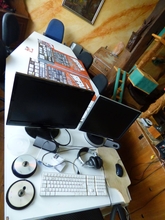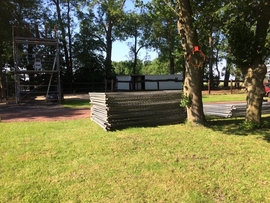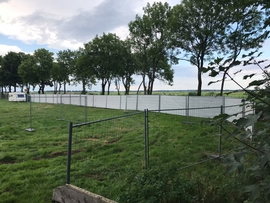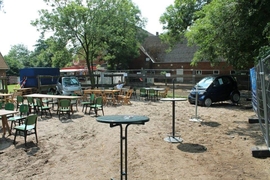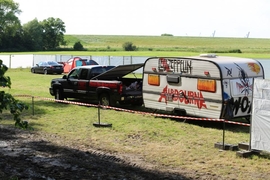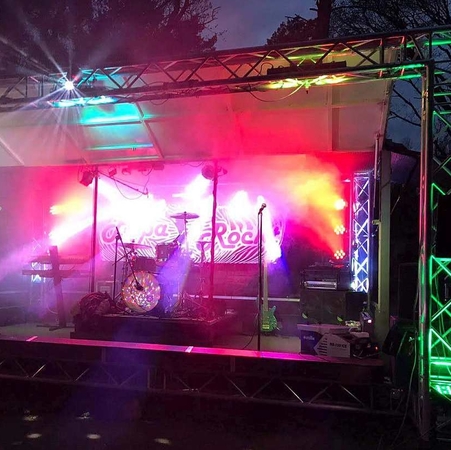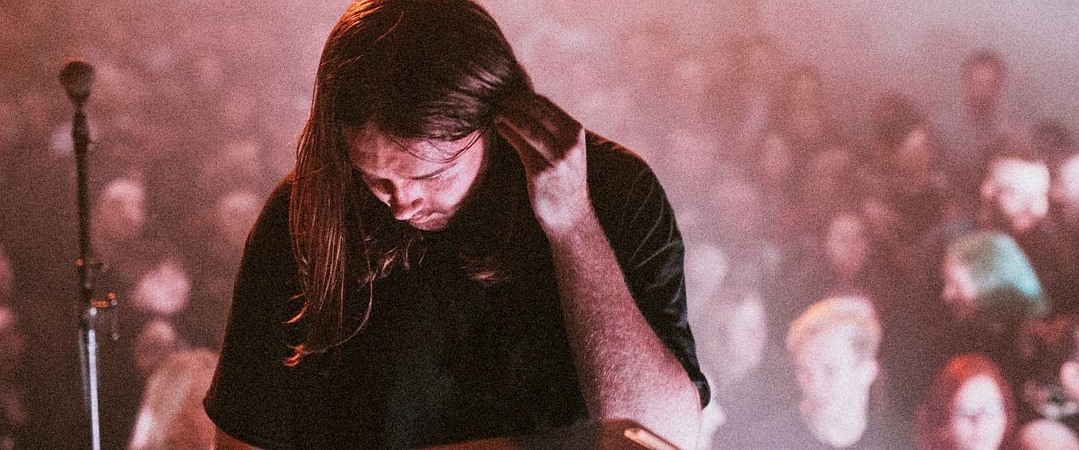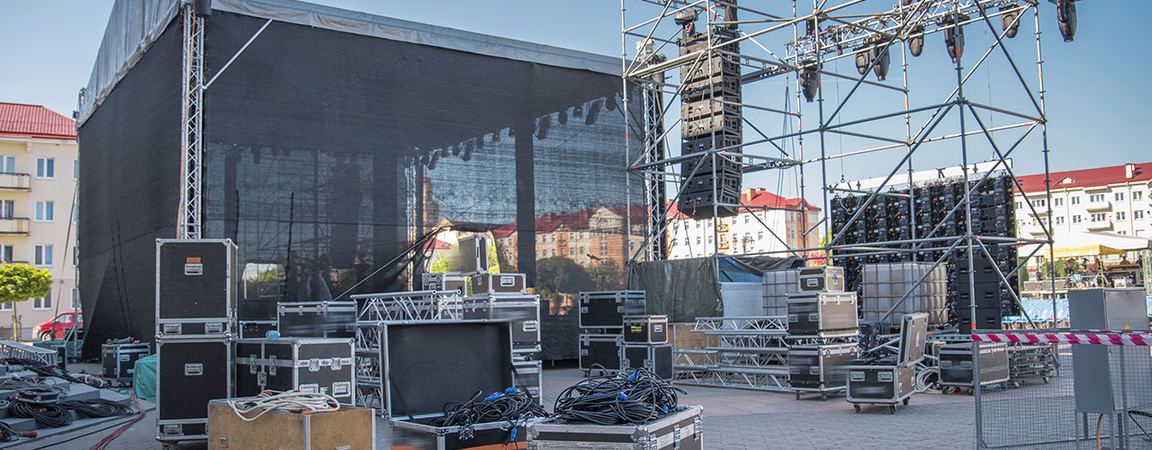Your line-up for this article:
From small gigs to festival organiser – contacts matter most
Organising a festival with 2 stages for just under 1,000 visitors – where to begin first?
The line-up is taking shape – what happens next? Get out there and advertise!
The festival is in full swing – so you can finally take a deep breath and enjoy it? Wrong!
The pitfalls of a festival: a stable and sufficient water and electricity supply!



